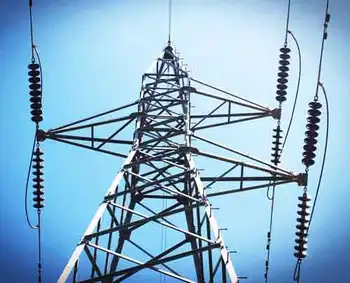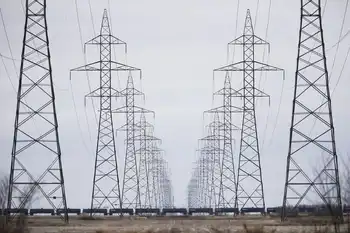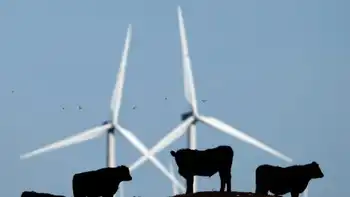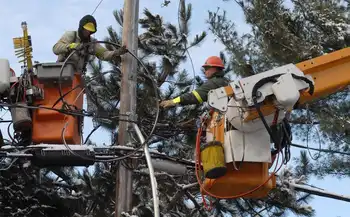25 states urge court to make EPA delay power plant rule
WASHINGTON - - Adding pressure on the Environmental Protection Agency to relax air pollution rules, 25 states urged a federal court on Monday to require the agency to delay a rule on mercury emissions and other pollutants from power plants by at least a year, saying the measure is too costly.
"In the past, EPA has designed its regulations pretty carefully to make sure that they wouldn't be forcing any facilities to shut down," Jeff Holmstead, the former EPA assistant administrator for air and radiation under President George W. Bush, said about the brief, filed electronically on Monday with the U.S. District Court for the District of Columbia.
"But now, it looks like there are senior folks at EPA whose main goal is to shut down as many coal-fired power plants as possible."
The EPA is under court order to finalize the so-called maximum achievable control technology rule for utilities, also known as utility MACT, on November 16. But the states want the agency to delay the finalization of the rule, which is designed to reduce emissions of mercury and acid gases from power plants fired by coal and oil, until at least November 16 next year.
Analysts have said the utility MACT rule could push old, inefficient coal-fired power plants into early retirement.
Regulations being formed by the EPA and state governments to cut air and water pollution and control the handling of coal waste are expected to force the retirement of 30,000 to 70,000 megawatts of coal-fired generation, industry studies show. American Electric Power and Duke Energy are some of the companies that could see shutdowns of plants.
The EPA, which is undertaking its most ambitious air pollution regulations in years under Administrator Lisa Jackson, has faced a barrage of criticism from Republicans in the House of Representatives and industry which say the rules will kill jobs and cost companies billions of dollars at the worst possible time.
Last month, the House of Representatives passed a bill called the Transparency in Regulatory Analysis of Impacts on the Nation, or TRAIN, Act, that would block EPA rules including utility MACT. The bill faces an uphill battle in the Democratic-led Senate and the White House has said President Barack Obama would veto the measure.
The EPA says its raft of new air pollution rules will save more money in health costs and hospital visits than they will cost utilities.
Mercury pollution, which accumulates in fish that people eat, can harm the nervous systems of and development of babies. The EPA has also said the rules will create jobs in pollution control devices.
Bill Schuette, the attorney general of Michigan, one of the 25 states that signed the amicus brief, said "Michigan's fragile economy cannot afford the job losses and skyrocketing electricity rates that would accompany the premature implementation of this new federal regulation."
The EPA did not immediately return a request for comment about the filing.
Related News

Texas produces and consumes the most electricity in the US
AUSTIN - For nearly two decades, the Lone Star State has generated more wind-sourced electricity than any other state in the U.S., according to the Energy Information Administration, or EIA.
In 2022, EIA reported Texas produced more electricity than any other state and generated twice as much as second-place Florida.
However, Texas also leads the country in another category. According to EIA, Texas is the largest energy-consuming state in the nation across all sectors with more than half of the state’s energy being used by the industrial sector.
As of May 2023, Texas residents paid 43% more for natural gas and around 10%…




